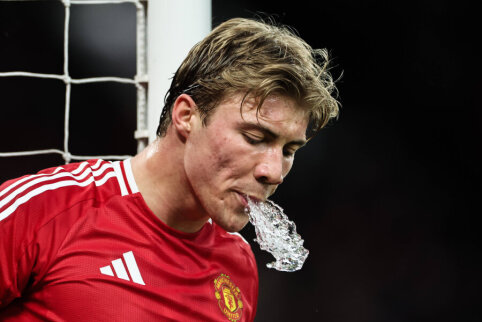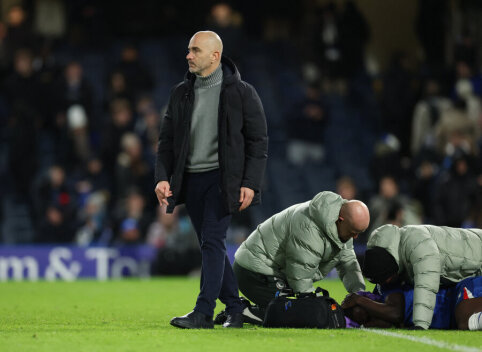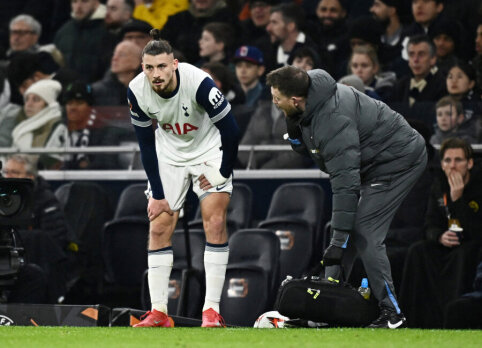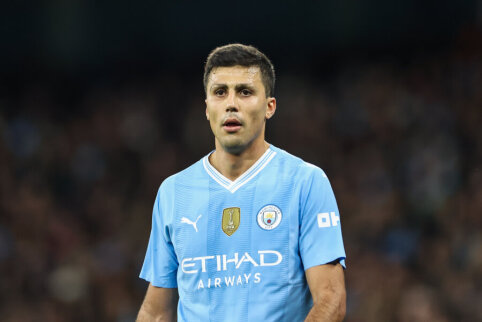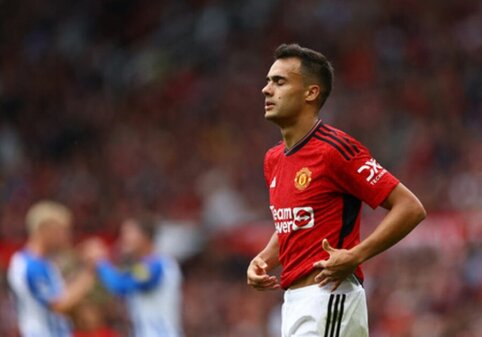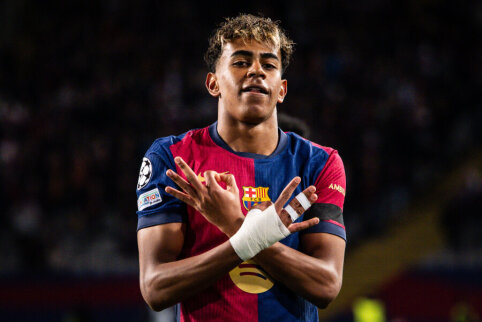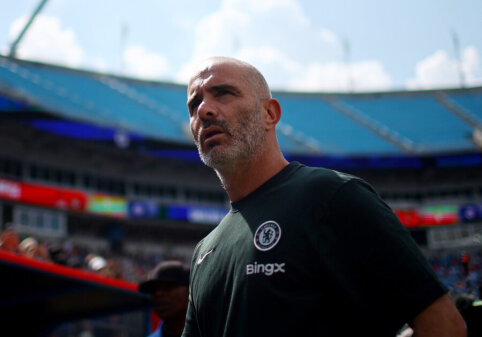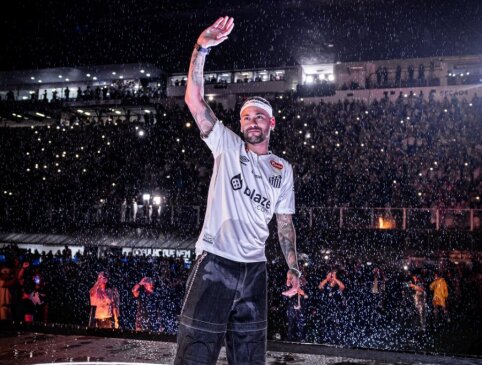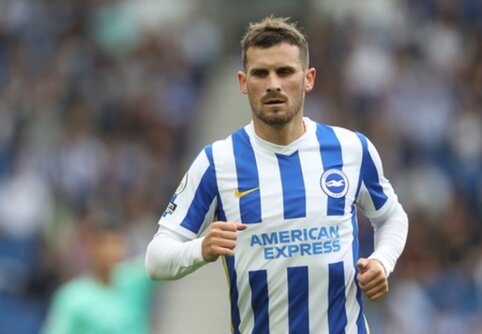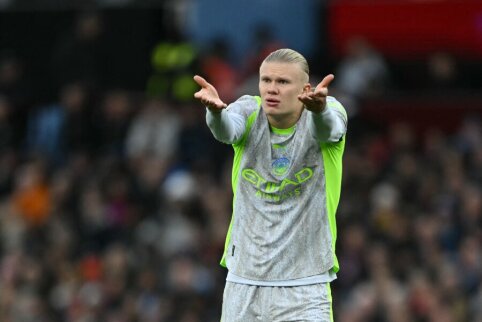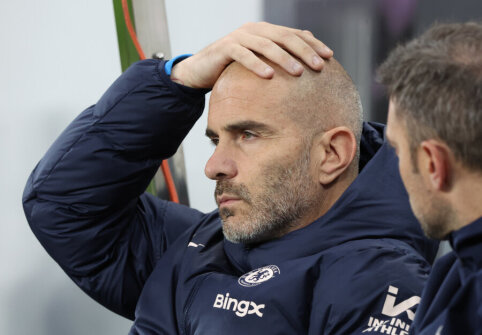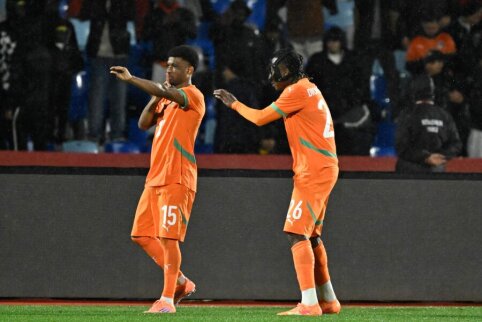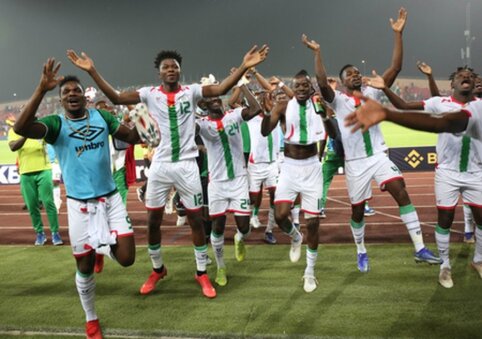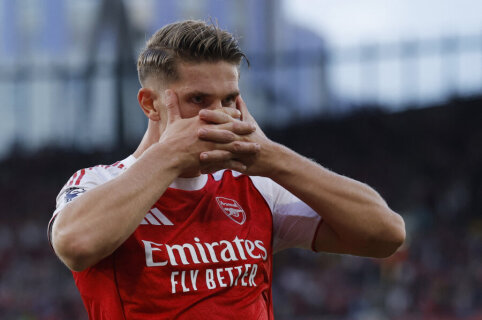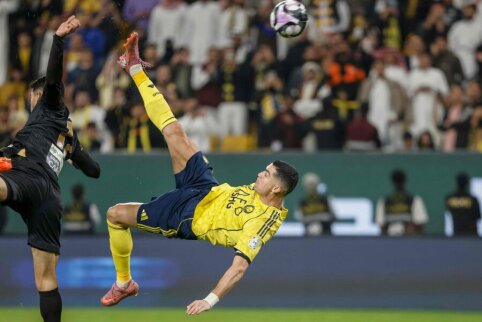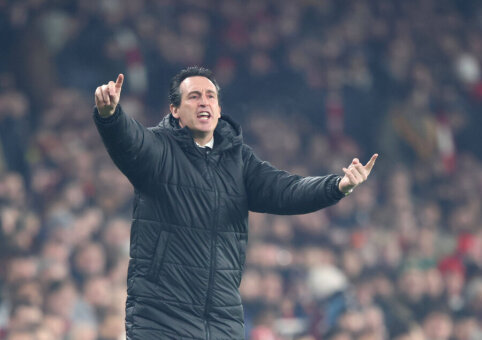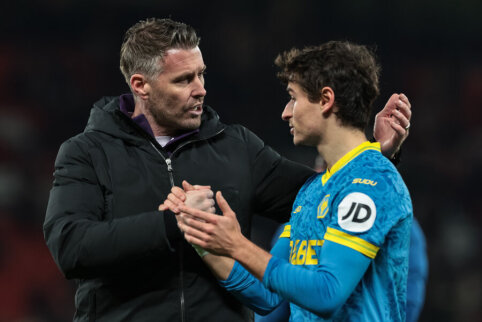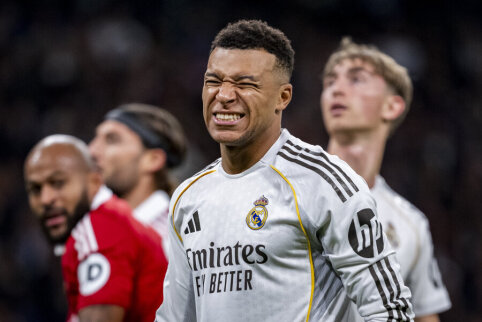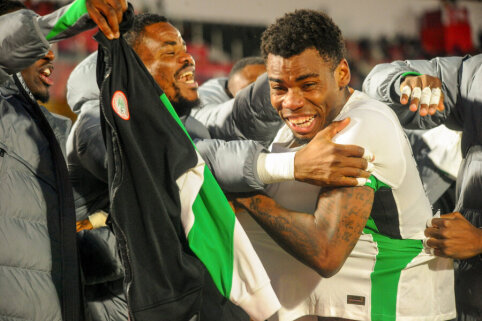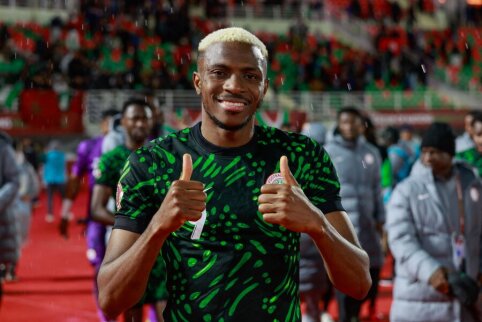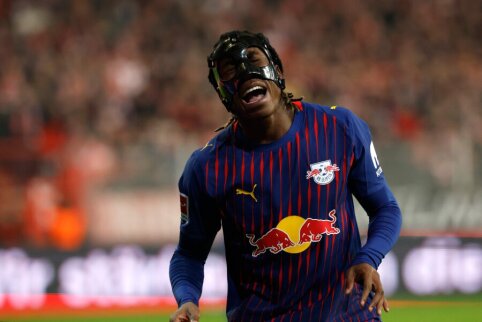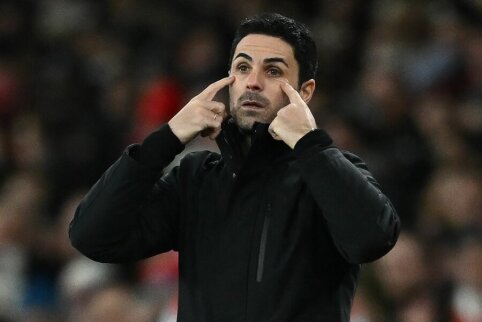 © EuroFootball.com
© EuroFootball.com
In the near future, a European-level superclub could emerge in Russian football. At least that's the goal for the club that wealthy sponsors recently began supporting, aiming to become one of the strongest in Europe. What's strange is that this club is not from Moscow, but from St. Petersburg.
The dominance of Moscow teams in Russian football in recent years has been total. Since 1992, when independent Russian championships began, only once has a team other than a Moscow team become champion - in 1995 it was achieved by the team "Alania" from Vladikavkaz (which, however, embarrassingly lost to Glasgow "Rangers" in the Champions League qualifiers - 1:3 and 2:7). In all other cases, the champions were Moscow's "Spartak" (9 times), CSKA (3) or "Lokomotiv" (2). St. Petersburg's "Zenit" aims to change this established trend and, with the help of the world's largest natural gas company "Gazprom," become one of the strongest clubs in Europe.
In 1984, victory songs were last heard in St. Petersburg, then Leningrad, when "Zenit" won the Soviet Union championship. Later, there were long years without titles. In 1992, the team dropped to a lower level, but in 1996 returned to the highest one. In 1999, "Zenit" won the Russian Cup, and in 2003, the Russian League title, becoming the country's vice-champions. The next goal is to repeat "Alania's" achievement, breaking Moscow clubs' hegemony and conquering Europe.
In December 2005, a fateful turning point took place, which could be very significant for both St. Petersburg and the football of this eastern country. St. Petersburg's "Zenit" team began to be supported by the country's largest concern, producing natural gas, "Gazprom."
This company acquired 51% of the club's shares for 27.9 million euros and is soon expected to take over another 25%. The results did not have to wait long. The team soon entered the quarterfinals of the UEFA Cup, where they lost to the future winners "Sevilla." Although "Zenit" had a poor start in the national championship, the Czech coach Vlastimil Petrželka was fired, and the famous Dutchman Dick Advocaat, who had previously coached the national teams of the Netherlands and South Korea, was appointed in his place. The team was also supplemented by South Korean national team members Lee Ho and Hyun Young-Min and Turk Fatihas Tekke, and "Zenit" finished the season in 4th place.
The new club president, Sergei Fursenko, has outlined an ambitious 10-year development program, very reminiscent of the principles and goals of London's "Chelsea."
"It is not worthwhile to aim for 3rd place, we aim to fight for Russia's gold. I believe that in the near future, our fans will have reason to rejoice. I know how to make the team even stronger," - S. Fursenko optimistically speaks.
"Zenit" president does not even hide the fact that the club's ambitions aim for European cup tournaments and boldly talks about it: "We need a team that can compete with the strongest European teams. We have prepared a 10-year development program. Many view this skeptically. But our goals - to win the Russian championship and one European trophy - are justified. We work very seriously to achieve this and aim to turn "Zenit" into one of the three major European clubs. I think it's only a matter of time."
These words are not empty. Usually, few clubs in Russia reveal the size of their budget, while "Zenit" announced that in 2007, they allocated 38 million euros for the championship battle. This amount does not include funds set aside for the construction of a new 50,000-seat stadium in St. Petersburg. In addition, according to the club's sports director Konstantin Sarsaniya, "Gazprom" is prepared to allocate additional funds for new players during the season if it is necessary to strengthen the team.
Money is certainly not lacking for this club. Last year, "Zenit" broke Russia's internal transfer records twice, in November acquiring Russian national team forward Pavel Pogrebnyak from Tomsk's "Tom" for 5 million euros and in December buying Argentine Alejandro Dominguez from Kazan's "Rubin" for 7 million euros. In the summer, they paid 10 million euros for Turk Fatih Tekke from "Trabzonspor." After the season, the St. Petersburg team extended the contract with their forward Andrei Arshavin, who was named the country's player of the year. His salary - 2 million euros per year - is the highest in Russia's Premier League. Naturally, with such amounts being spent, there was no room in the team for Lithuanian forward Robertas Poškus. So far, it seems that at least in financial terms, "Zenit" has no equals. The hardest part remains proving their superiority on the field.
Nevertheless, Russian football experience shows that huge investments do not always bring victories. The latest example is Moscow's "Dynamo." A couple of years ago, aiming to become a superclub, Dynamo bought such stars as G. Seitaridis, Maniche, Costinha, D. Bulykin, S. Ovchinnikov, A. Smertin, and others. The result - last season, Zydrunas Karcemarskas' club barely avoided relegation from the Premier League, and the team's owner Alexei Fedorychev, who also intended to become the general sponsor of the Baltic Football League, faced legal problems.
Still, "Zenit" supporters can be reassured by the fact that one of the most famous and highly respected European coaches, Dick Advocaat, has earned a reputation as a reliable coach over many years training the national teams of the Netherlands and South Korea, as well as the "PSV" and "Rangers" teams.
"Everything will depend on how the team performs in the next season," - said the Dutch specialist about his future in the club, whose contract ends after the 2007 season.
D. Advocaat knows that the team's successes will also depend on him. And it will also depend on him whether the "Gazprom"-funded "Zenit" will become a European superclub.
